Debate Heats Up: Eurovision And The Pride Flag Ban
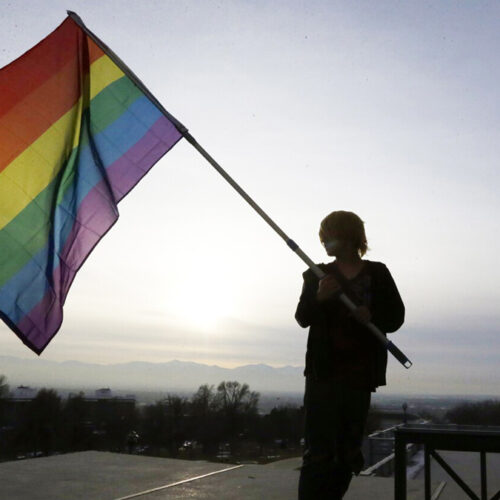
Table of Contents
The Arguments For a Ban
Concerns about Political Statements
- Eurovision's apolitical nature: Many argue that using the Eurovision stage for overtly political statements contradicts the competition's core principles. Eurovision has historically positioned itself as a celebration of music and culture, transcending political divides. Introducing highly politicized symbols like the Pride flag, some believe, undermines this neutrality.
- Alienating viewers in certain countries: The Pride flag, while a symbol of LGBTQ+ pride and acceptance in many parts of the world, remains controversial in others. Forcing its display could alienate viewers in countries with differing social norms and potentially lead to broadcasting restrictions or boycotts in those regions.
- Maintaining Eurovision's inclusive spirit: Ironically, some proponents of a ban argue that excluding overtly political symbols protects the event's inclusivity by preventing it from becoming associated with specific political causes, potentially alienating a segment of its broad international audience. This argument hinges on the idea that a neutral platform is more inclusive than one explicitly associated with a particular social movement.
Concerns About Broadcasting Restrictions
- Censorship laws in participating countries: Several countries participating in Eurovision have strict censorship laws regarding LGBTQ+ content. Displaying the Pride flag could lead to broadcasting difficulties, censorship, or even a complete ban of the event in these nations, limiting its reach and contradicting the event's global appeal.
- Logistical challenges of consistent display: Ensuring consistent and respectful display of the Pride flag across all participating countries presents significant logistical hurdles. Differing regulations and sensitivities necessitate careful consideration to avoid unintended offense or misinterpretations. The practical difficulties of managing this across diverse cultural contexts add weight to the argument for a ban.
The Arguments Against a Ban
Importance of LGBTQ+ Visibility and Inclusion
- Symbolic power of the Pride flag: The Pride flag is a powerful symbol of LGBTQ+ identity, visibility, and resilience. Its inclusion at Eurovision would send a strong message of support and acceptance to LGBTQ+ individuals and communities worldwide, demonstrating that their voices and identities are valued.
- Global platform for LGBTQ+ representation: Eurovision’s massive global reach provides an unparalleled platform to amplify the voices and experiences of the LGBTQ+ community. The visibility of the Pride flag would contribute to normalizing LGBTQ+ identities and challenging discriminatory attitudes.
- Positive impact on LGBTQ+ youth: For many LGBTQ+ youth, seeing their identities represented on a global stage like Eurovision can have a profound and positive impact, fostering a sense of belonging and hope. A ban, conversely, would send a negative message of exclusion and invisibility.
The Potential for Backlash and Boycotts
- Negative PR and viewer backlash: A ban on the Pride flag would likely generate significant negative publicity and viewer backlash, particularly from LGBTQ+ communities and their allies. This could damage Eurovision’s image and reputation, potentially impacting future viewership and sponsorship.
- Artist boycotts and protests: Artists and performers may boycott the event in protest of a ban, further highlighting the issue and potentially causing significant disruptions. This could negatively impact the quality and diversity of the competition.
- Financial implications: A significant boycott could have serious financial implications for Eurovision, impacting sponsorships, broadcasting rights, and overall revenue. The potential financial risks associated with a ban need careful consideration.
The Wider Implications of the Debate
The Role of Eurovision in Promoting Inclusivity
- Eurovision's history of inclusivity: While not without its flaws, Eurovision has, in recent years, made strides in promoting diversity and inclusion, featuring artists from diverse backgrounds and showcasing a range of musical styles. A ban on the Pride flag would represent a significant step backward in these efforts.
- Platform for global understanding: Eurovision serves as a platform for cultural exchange and understanding between nations. The debate surrounding the Pride flag highlights the complex interplay between national identities, cultural norms, and universal human rights.
- Impact on future inclusivity efforts: The decision regarding the Pride flag will set a precedent for future efforts to promote inclusivity and diversity within the Eurovision context and potentially influence similar events globally.
The Future of LGBTQ+ Rights and Representation
- Global LGBTQ+ rights landscape: The debate reflects the ongoing struggle for LGBTQ+ rights and equality globally. Many countries still lack robust legal protections and social acceptance for LGBTQ+ individuals, making the Eurovision debate a microcosm of a much larger global struggle.
- Eurovision as a battleground for equality: The Eurovision Song Contest, unintentionally, has become a battleground in the larger fight for LGBTQ+ equality. The decision regarding the flag will send a powerful message about the direction of this fight, both within Europe and globally.
- Long-term effects on the LGBTQ+ community: The outcome of the debate will have lasting consequences for the LGBTQ+ community, impacting their sense of visibility, acceptance, and belonging on a global scale.
Conclusion
The debate surrounding the potential Eurovision Pride flag ban highlights a critical clash between artistic expression, political sensitivities, and the crucial need for LGBTQ+ inclusivity. The arguments on both sides present valid concerns, revealing the complex social and political landscape in which the event operates. Ultimately, the decision concerning the Pride flag will significantly impact not only the Eurovision Song Contest itself but also the broader discourse on LGBTQ+ rights and representation globally. We urge continued dialogue and engagement on the Eurovision Pride flag ban, encouraging readers to voice their opinions and advocate for a future where inclusivity and tolerance are paramount. The resolution of this Eurovision Pride flag ban will have far-reaching consequences, setting a precedent for future events and highlighting the continued struggle for LGBTQ+ equality worldwide.

Featured Posts
-
 Louisville Tornado Anniversary Assessing Impacts And Recovery Efforts
May 01, 2025
Louisville Tornado Anniversary Assessing Impacts And Recovery Efforts
May 01, 2025 -
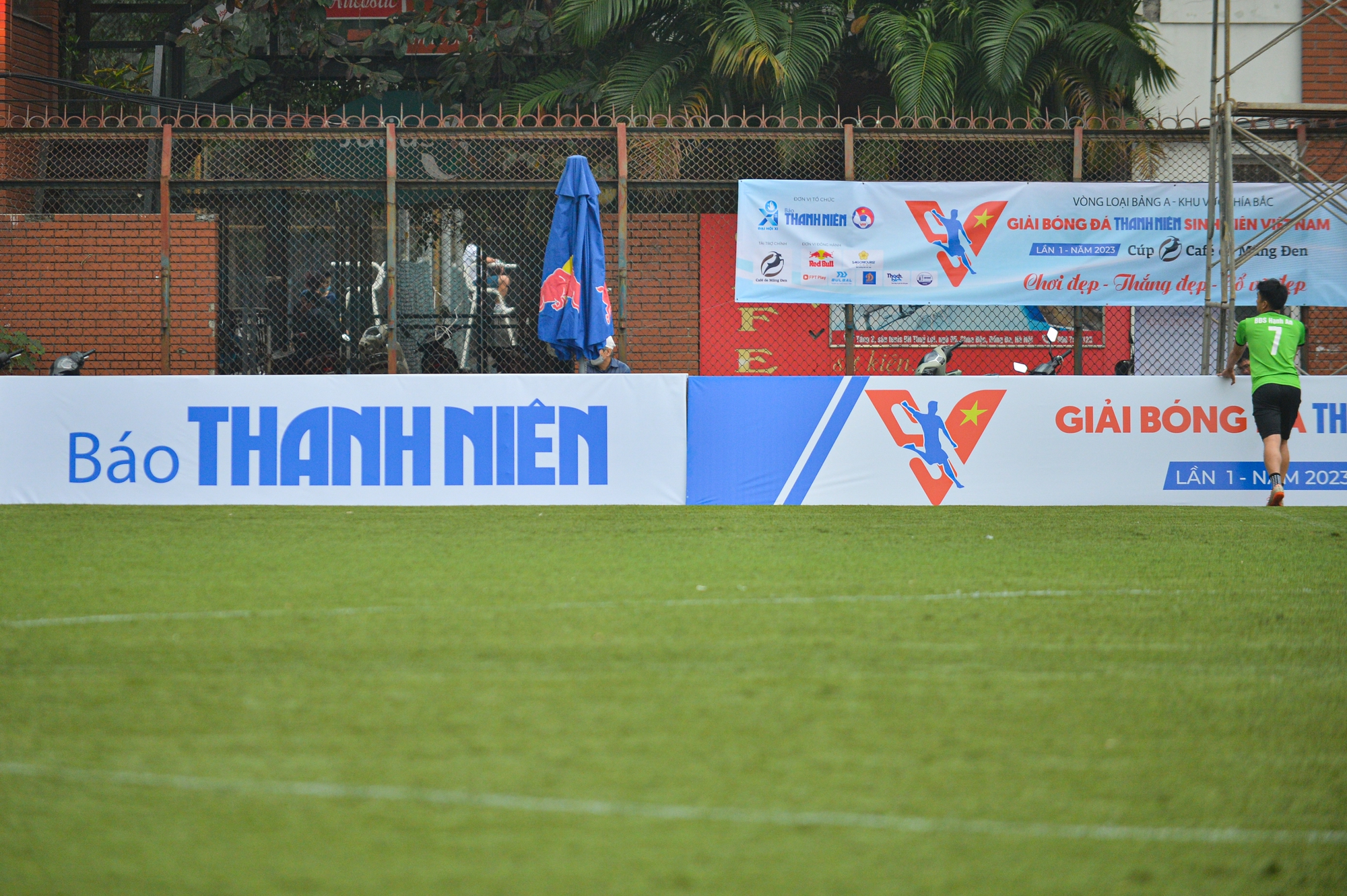 Giai Bong Da Thanh Nien Sinh Vien Quoc Te 2025 Cap Nhat Lich Thi Dau 10 Tran Hap Dan Nhat
May 01, 2025
Giai Bong Da Thanh Nien Sinh Vien Quoc Te 2025 Cap Nhat Lich Thi Dau 10 Tran Hap Dan Nhat
May 01, 2025 -
 Enexis Slimme Oplaadstrategie Voor Noord Nederland
May 01, 2025
Enexis Slimme Oplaadstrategie Voor Noord Nederland
May 01, 2025 -
 Wayne Gretzky Fast Facts And Key Career Highlights
May 01, 2025
Wayne Gretzky Fast Facts And Key Career Highlights
May 01, 2025 -
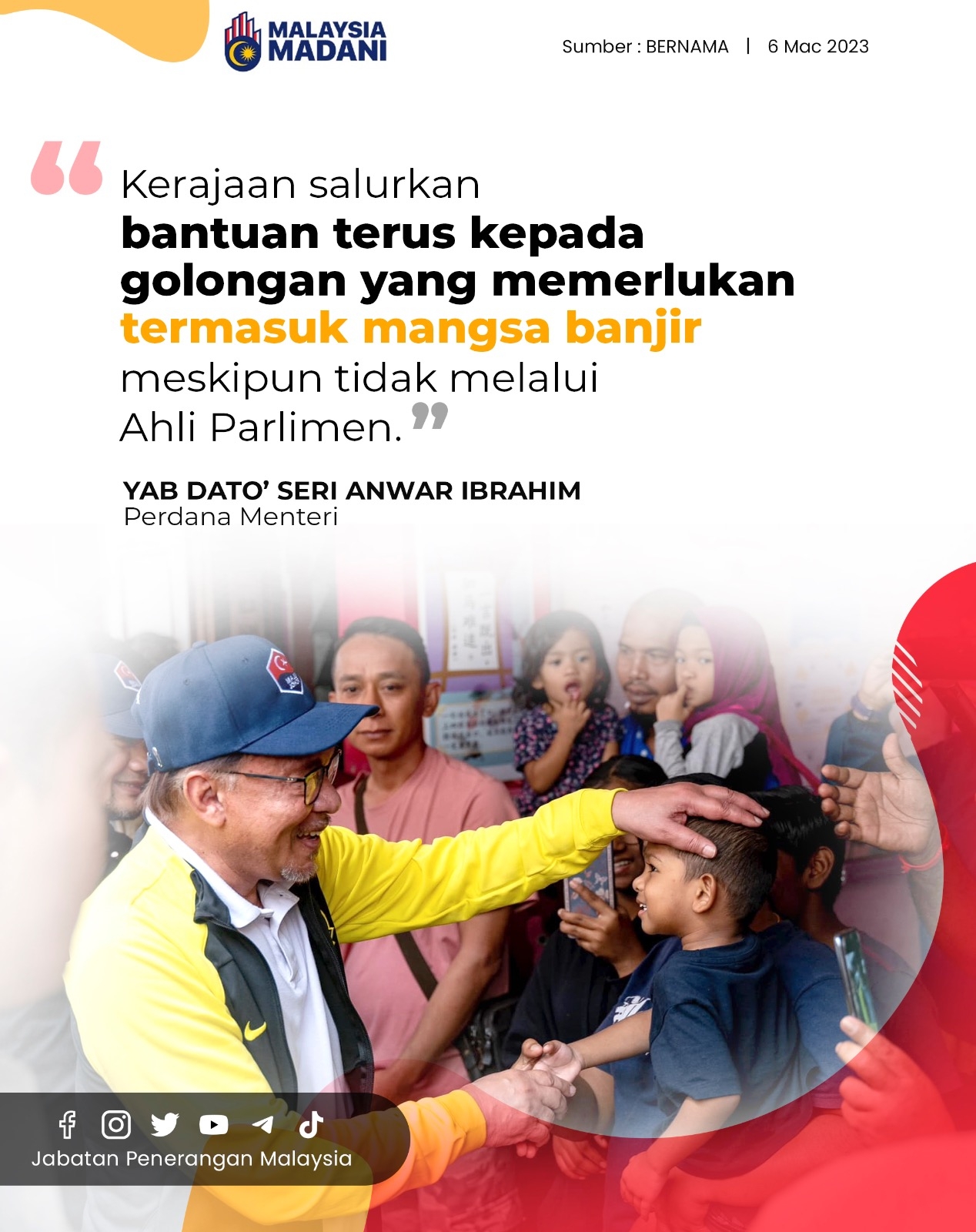 Baitulmal Sarawak Salurkan Bantuan Rm 36 45 Juta Kepada Asnaf Mac 2025
May 01, 2025
Baitulmal Sarawak Salurkan Bantuan Rm 36 45 Juta Kepada Asnaf Mac 2025
May 01, 2025
Latest Posts
-
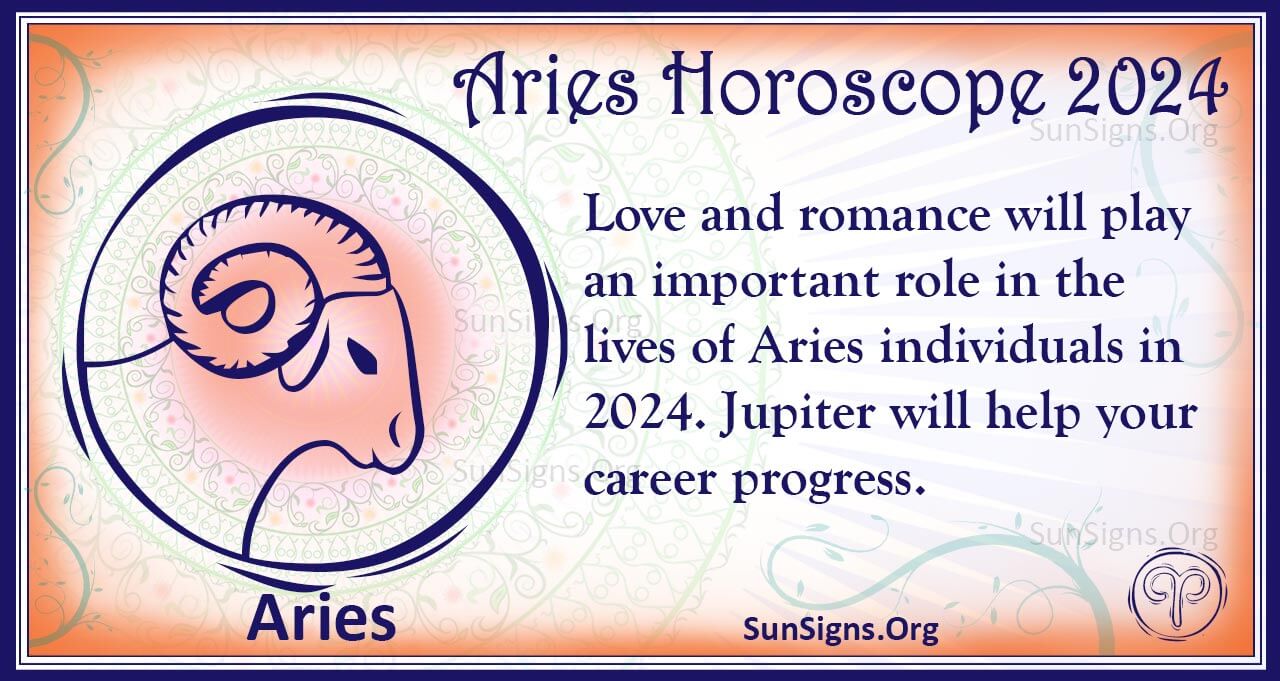 April 17 2025 Horoscope Daily Astrological Predictions For Each Zodiac Sign
May 01, 2025
April 17 2025 Horoscope Daily Astrological Predictions For Each Zodiac Sign
May 01, 2025 -
 Chris Kaba Police Watchdog Seeks Ofcom Action Over Panorama Coverage
May 01, 2025
Chris Kaba Police Watchdog Seeks Ofcom Action Over Panorama Coverage
May 01, 2025 -
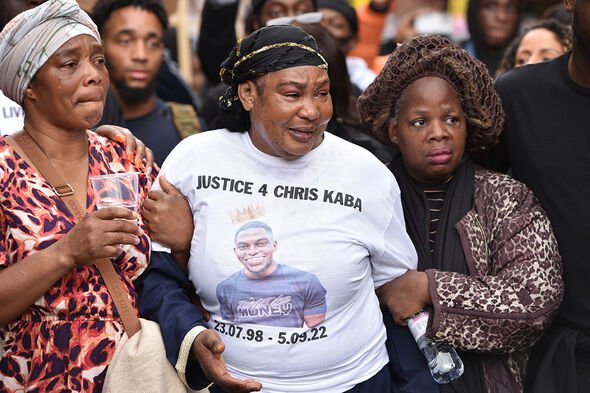 Panoramas Chris Kaba Documentary A Police Watchdogs Ofcom Complaint
May 01, 2025
Panoramas Chris Kaba Documentary A Police Watchdogs Ofcom Complaint
May 01, 2025 -
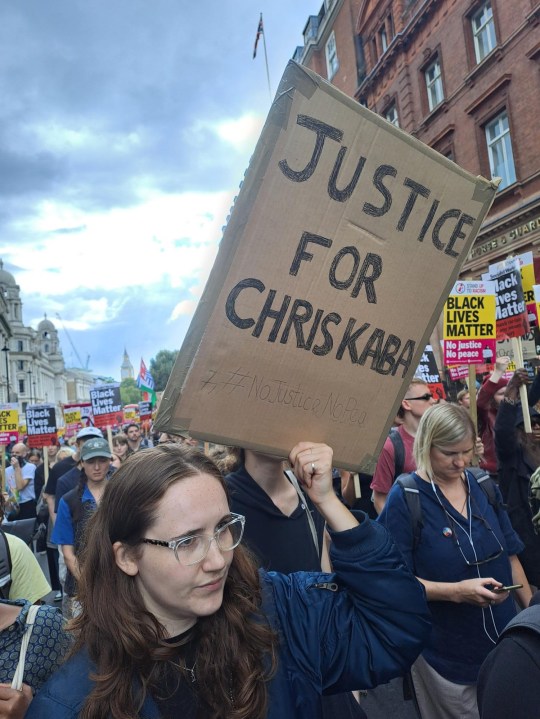 Panoramas Chris Kaba Episode Faces Ofcom Scrutiny Following Iopc Complaint
May 01, 2025
Panoramas Chris Kaba Episode Faces Ofcom Scrutiny Following Iopc Complaint
May 01, 2025 -
 Panoramas Chris Kaba Episode Formal Complaint Filed By Police Watchdog
May 01, 2025
Panoramas Chris Kaba Episode Formal Complaint Filed By Police Watchdog
May 01, 2025
